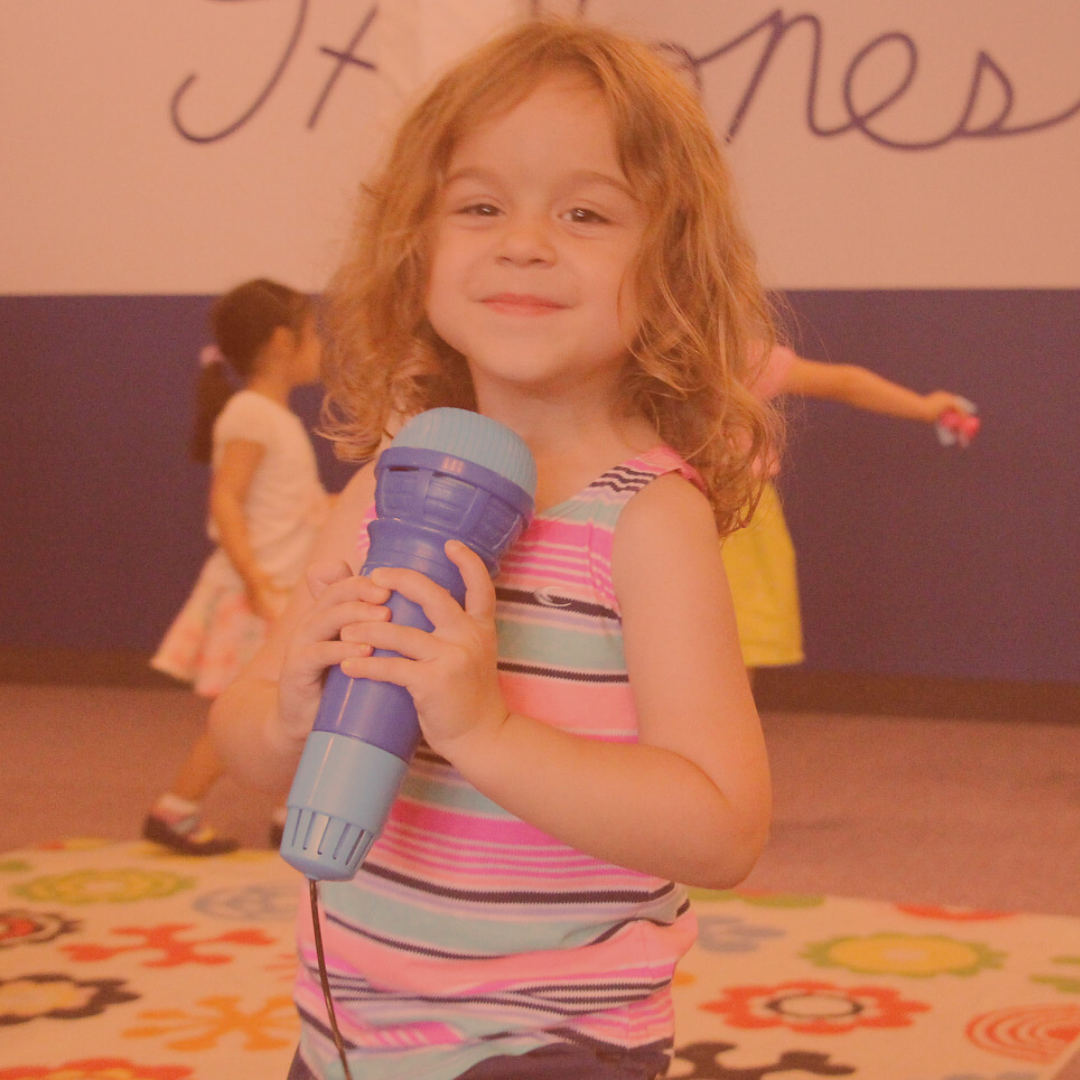
Music and Child Development
A 2016 study at the University of Southern California’s Brain and Creativity Institute discovered that participation in musical activities as a child can advance brain development, especially language and reading skills. According to the National Association of Music Merchants Foundation (NAMM Foundation), playing a musical instrument can boost mathematical learning and even raise SAT scores.
But academic accomplishment isn’t the only benefit of music learning. Music stimulates all fields of child development and skills for school readiness: intellectual, social and emotional, motor, language, and overall literacy. Children develop skills to learn the sounds and meaning of words, build motor skills, practice self-expression, and improve memory skills by singing and dancing to music.
Toddlers and Music
Toddlers love dancing and moving to songs. Toddlers love repetition in songs, which promotes their use of words. Encourage toddlers to copy rhythms by clapping or tapping objects.
Preschoolers and Music
Preschoolers love to use their voices and sing. Great preschool music includes repetition of melody and words, strong beat, and interactive lyrics. Preschoolers enjoy acting with their imagination to songs with their bodies or props.
School-Age Children and Music
Most young school-age children are intrigued by kids’ singalong songs that involve counting, spelling, or remembering a sequence of events. School-age children begin expressing their likes and dislikes of different types of music. They may express an interest in music education, such as music lessons for kids.
Tired of the same old nursery rhymes? Check out the ska-pop-dance party celebrating kid’s band Josh and The Jamtones!
Interested in music classes for babies and music lessons for kids in Wellesley, Natick, Newton, Weston, Westwood, Framingham, and Needham? Click Here For Classes!